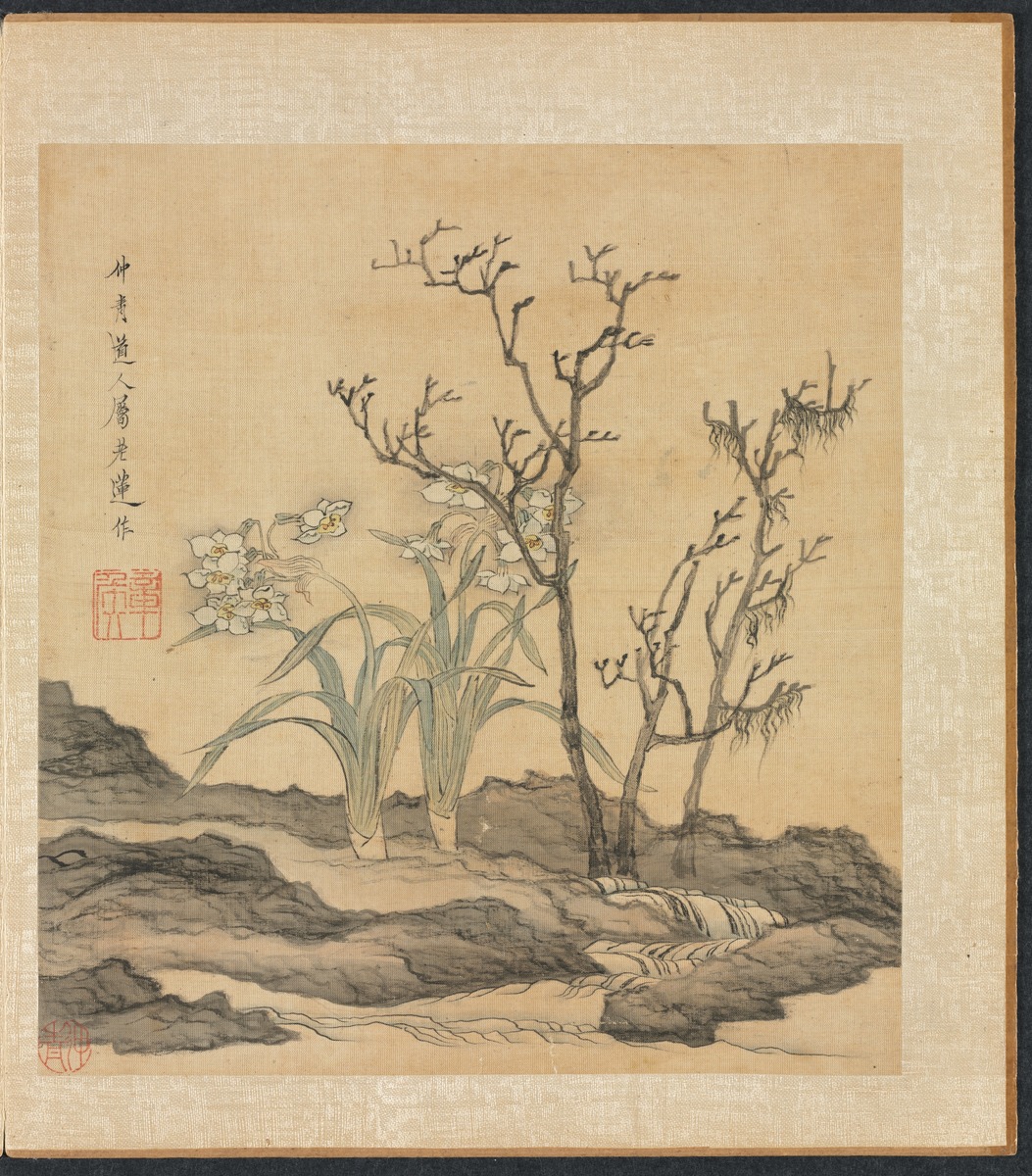Qing Ji (清几) in Chinese Literature: Usage and Context
-
See Fontanier's 'Les Figures du discours', pp. 77-104 for the distinction between metonymy, synecdoche, and metaphor. Ricoeur's 'Rule of Metaphor', pp. 55-59 provides a useful discussion of Fontanier's tropology. Lausberg's 'Handbook of Literary Rhetoric', pp. 250-62 also includes entries on metaphor, metonymy, and synecdoche. Lausberg identifies synecdoche as a species of metonymy.
-
The phrase 'qing jif' (清几) was first used in the 'Discussion on Clarifying Buddhism' (明佛論) by Zong Bing (宗炳), a Buddhist layman and artist from the 4th century. The work is compiled by Seng You (僧祐) in Hongmingji, 2.20b / p. 108. Liebenthal's 'Immortality of the Soul in Chinese Thought', pp. 327-397 partially translates Zong Bing's essay. Taizong also uses 'qing ji' in other writings, such as 'Edict Once More Replying to Fang Xuanling' (又答房玄龄詔), where he writes, 'We breakfast after noon and think upon governance, humble ourselves and revere worthies' (朕昃食思政,虚已欽賢). This can be found in Quan Tang wen, 9.107 and Tang Taizong quanji jiaozhu, p. 402.

原文地址: https://www.cveoy.top/t/topic/nlgL 著作权归作者所有。请勿转载和采集!